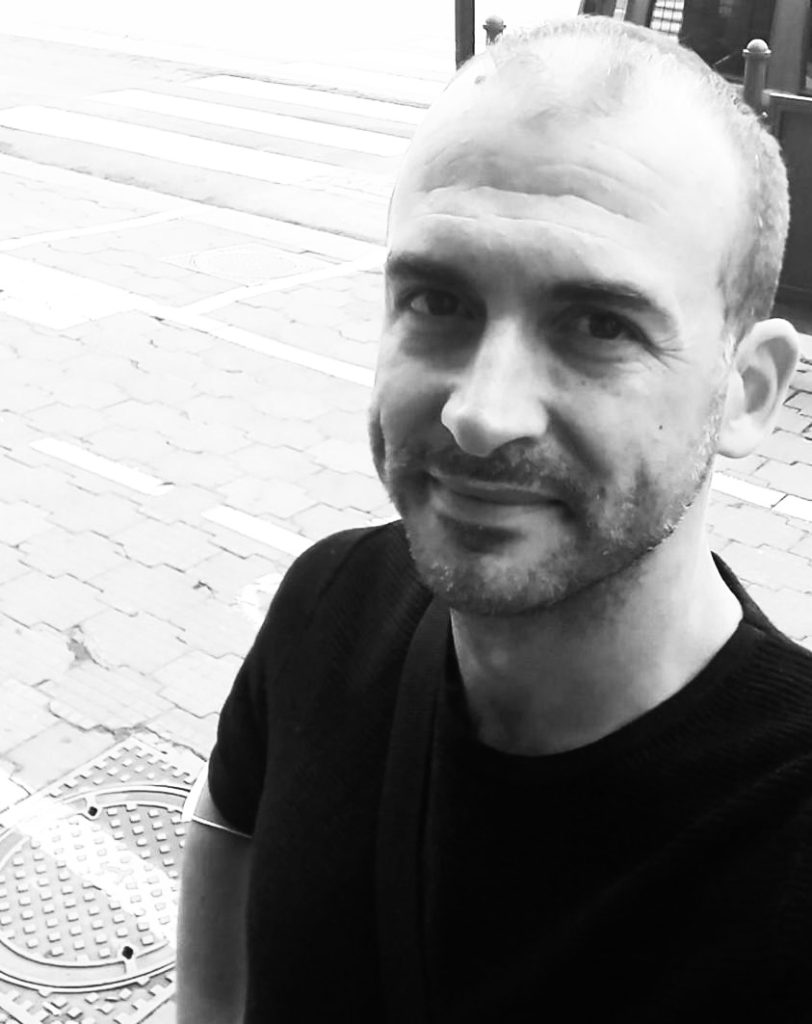
-Who is Lucio Arese?
I’m an architect, composer, guitarist, pianist, visual artist and award winning filmmaker. I work as a professional in various fields of visual arts and film since 2008. My work has been showcased at many festivals over the years, including onedotzero Adventures in Motion, Ars Electronica, SIGGRAPH, Interfilm Berlin, SICAF, FICUVAQ, The Lovie Awards, MTV, Vimeo Staff Picks, The Webby Awards, the 23rd Saatchi New Directors Showcase and many others.

-What inspired you to become a visual artist?
I had a solid musical formation in my youth and a definite creative attitude since a very little age. Parallel to my studies in piano, composition and vocal music I graduated in architecture, where I developed a great passion for 3D graphics applied to architectural design first, and pursuing it on my own after. While completing my studies, a strong inspiration to specifically pursue a career as a visual artist came to me from two works of the early 2000s: Gantz Graf, famous music video of an Autechre song created by Alex Rutterford, and Sometimes, a short film by the French collective Pleix.

-Do you think the cinema can bring a change in the society?
I believe that cinema has the enormous power to make the spectator identify with the most diverse situations, to make him experience profound emotions and stimulate countless reflections. So yes, cinema has the power to strongly influence its audience, the public and in some way society, and not only for the good. I also see a lot of bad cinema, which creates bad consequences for the public. That’s why I think filmmakers and the whole industry in general should feel a stronger sense of responsibility towards the consumers they create for.

-What would you change in the world?
I will respond with a series of cliches, but I would love to see the world as a safer, more cooperative place, with more equality and prosperity for all. Unfortunately, in today’s world, new walls and iron curtains are being put up. Unfortunately, I am not optimistic when I think about where this will bring us.

-Where do you see the film industry going in the next 100 years?
I think this is an impossible question to answer, especially considering the speed at which technological innovation moves today. I think we will be in a very different place than we are now. Perhaps some forms will retain a resemblance to what we have today, but many things will be totally different. I would certainly be very curious to be here in a hundred years and see what has happened!


